Welcoming a newborn into the world is a momentous occasion filled with excitement. During pregnancy, much thought and planning go into creating the ideal nursery, including selecting the perfect crib where the baby will slumber during infancy. Part of this preparation involves choosing the right bedding for the baby. Having a baby involves dealing with messes, which is why it's essential to safeguard your baby's mattress. But are waterproof mattress protectors safe for babies? Blissful Night experts offer perspectives on this debated topic. Keep reading for all the answers!
When considering waterproof mattress covers, we often recall noisy, sweaty, uncomfortable vinyl protectors. These were undoubtedly among the less pleasant aspects of vacations or sleeping on unfamiliar beds.
However, today's market offers much improved options for waterproof mattress protectors. While vinyl, PVC, and polyester covers still dominate, organic, noise-free alternatives are also available.

Are mattress protectors safe for newborns?
Using a mattress protector for your baby's bed is safe, provided you follow these guidelines:
- Choose a protector that is sturdy and fits snugly around the mattress.
- Regularly check to ensure the protector remains in place during the night.
- Position the protector below the baby's chest, avoiding coverage above the shoulders.
- Ensure the protector maintains the firmness of the mattress and stays flat at all times.
By following these recommendations, using a mattress protector for your baby's bed is completely safe.
Does my baby need a mattress protector?
A mattress protector isn't an absolute requirement for your baby's bed.
However, given the inevitable messy accidents, having a mattress protector can significantly ease cleaning and offer additional benefits.
It's crucial to emphasize that while mattress protectors provide various advantages, adhering to essential safety guidelines is paramount for your baby's well-being.

Benefits of a mattress protector for babies
Creating an ideal bedding environment involves recognizing the numerous advantages of using a mattress protector for baby beds. Here are the benefits of a mattress protector:
- Maintains cleanliness: Babies, especially newborns, are prone to messy accidents. A mattress protector prevents bodily fluids from seeping into the mattress, thus keeping it clean and free from odors.
- Easy cleaning: With a fluid-free mattress, cleaning becomes much simpler. Most mattress protectors are machine washable, allowing for quick cleanup without needing spot washing or extensive cleaning methods.
- Allergy prevention: Mattresses can harbor bacteria and dust mites, which live off dead skin cells. A mattress protector helps avoid the buildup of these allergens, promoting a healthier sleep environment for your baby.
- Prolonged mattress longevity: Protecting the crib mattress with a mattress protector ensures it remains in optimal condition for longer. Preventing stains and odors helps maintain the mattress's longevity and may even protect its warranty.
If you're looking for a way to safeguard your baby's mattress while also reducing allergies and prolonging its lifespan, consider investing in a mattress protector.
Our Bamboo waterproof mattress protector provides similar advantages, exceptional breathability and hypoallergenic properties.
Waterproof Mattress Protectors for Babies FAQs
Why do I need a crib mattress protector?
Babies spend a lot of time sleeping, and accidents like leaks and spills are common. Without a mattress protector, these fluids can seep into the mattress, leading to microbial contamination, odors, and potential safety concerns. A mattress protector helps maintain cleanliness, prolonging the mattress's lifespan and ensuring a healthier sleep environment for your baby.
What materials should I avoid in a mattress protector?
Due to their toxicity, potential off-gassing, and discomfort, polyester, PVC, and vinyl are not advisable for mattress protectors. These materials can also trap heat, causing discomfort for babies. Instead, look for protectors made with natural fibers like cotton or wool or those with a thin layer of inert polyurethane or TPU for waterproofing.
How do I choose a non-toxic mattress protector?
Opt for protectors made with organic materials and certified by reputable organizations like GOTS or eco-INSTITUT. Avoid products containing harmful chemicals such as chlorine bleach, formaldehyde, flame retardants, phthalates, and synthetic adhesives. Consider wool puddle pads as an alternative for a non-toxic and sustainable option, ensuring your baby's safety and comfort while sleeping.


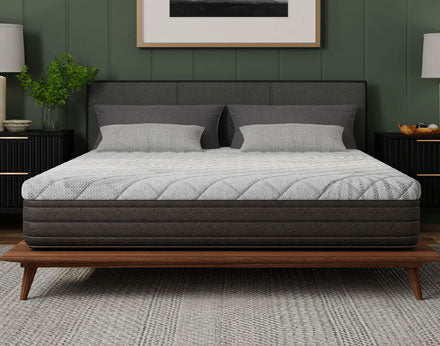
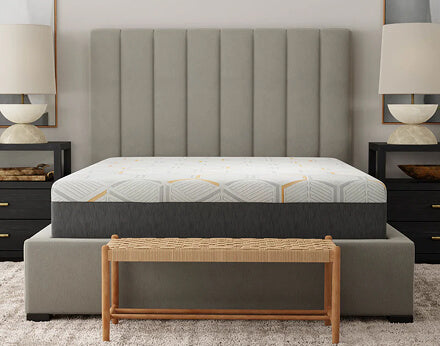
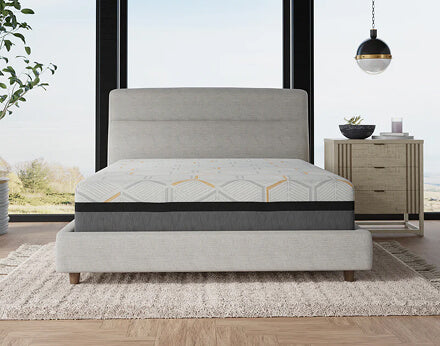
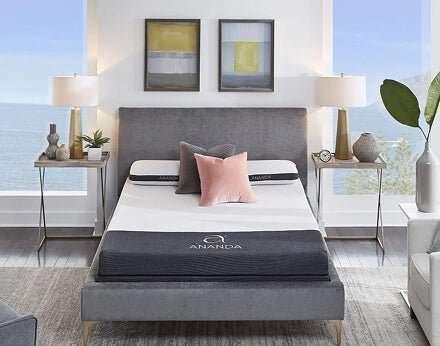
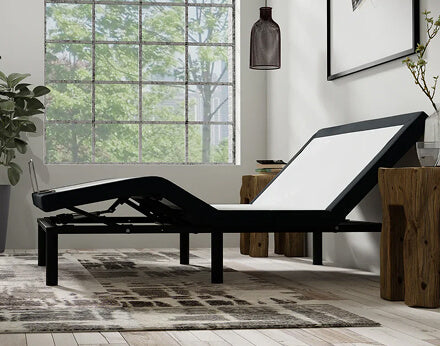
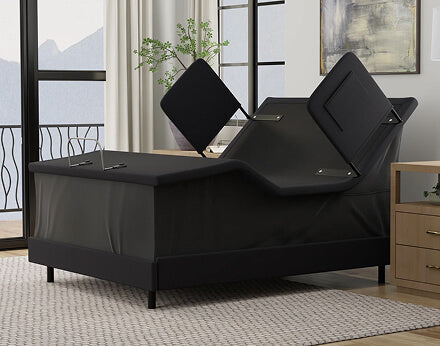
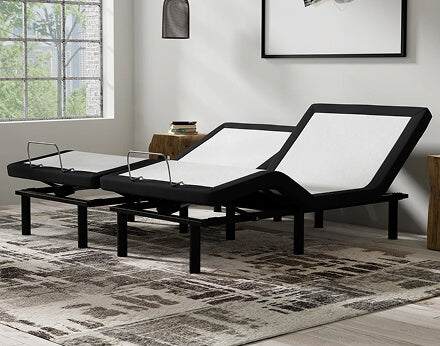
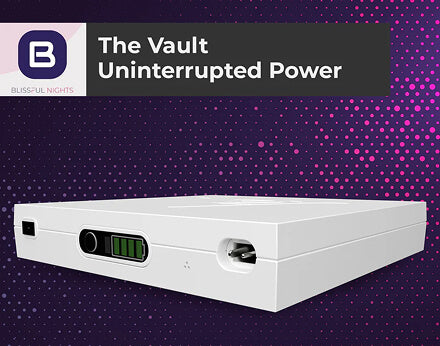
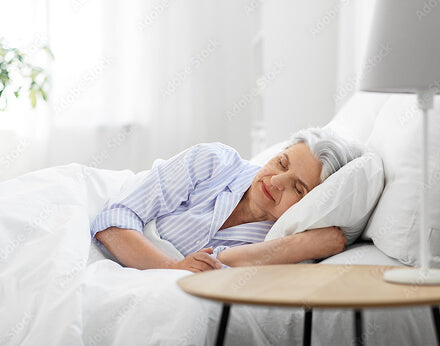
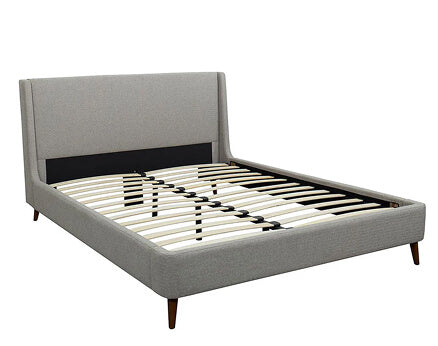
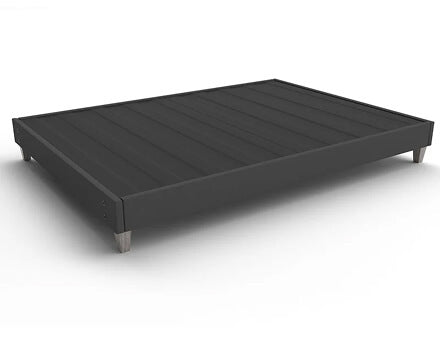
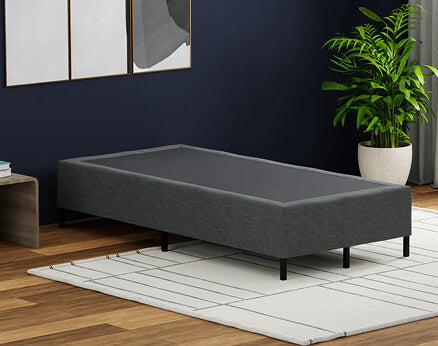
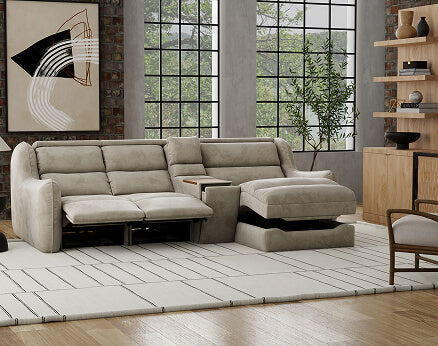
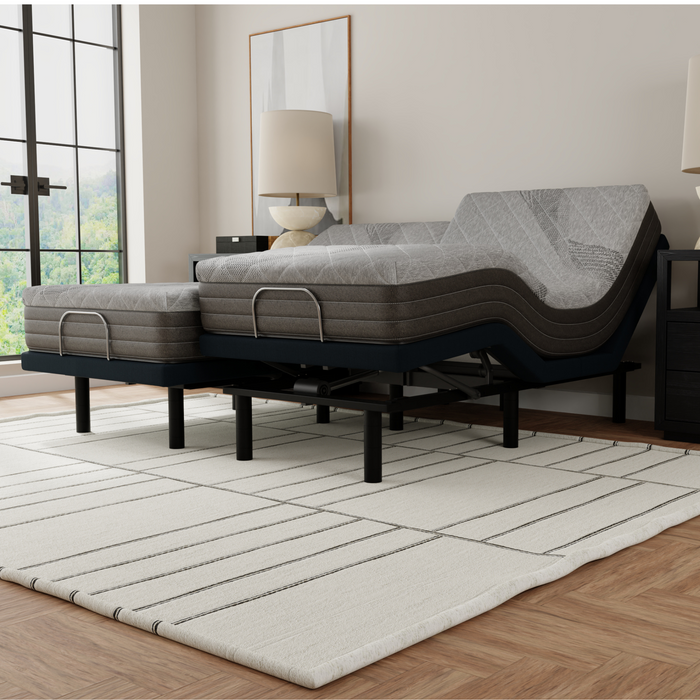
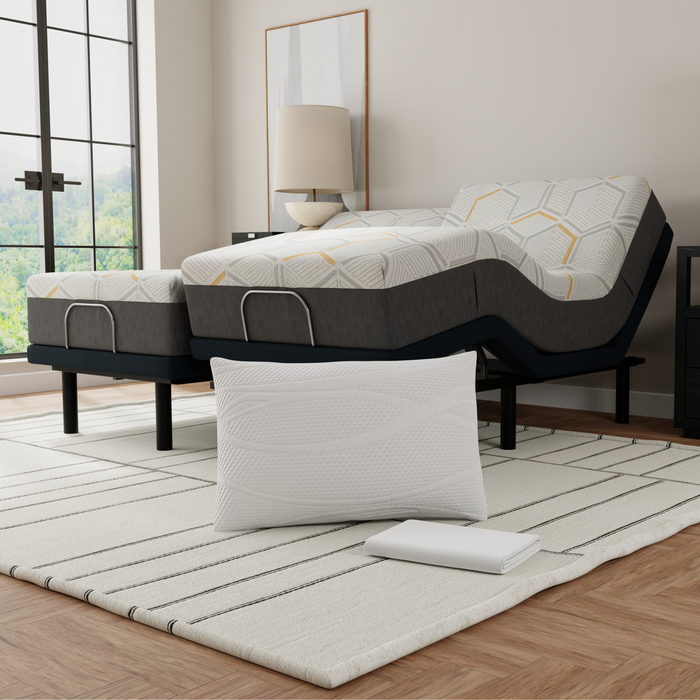
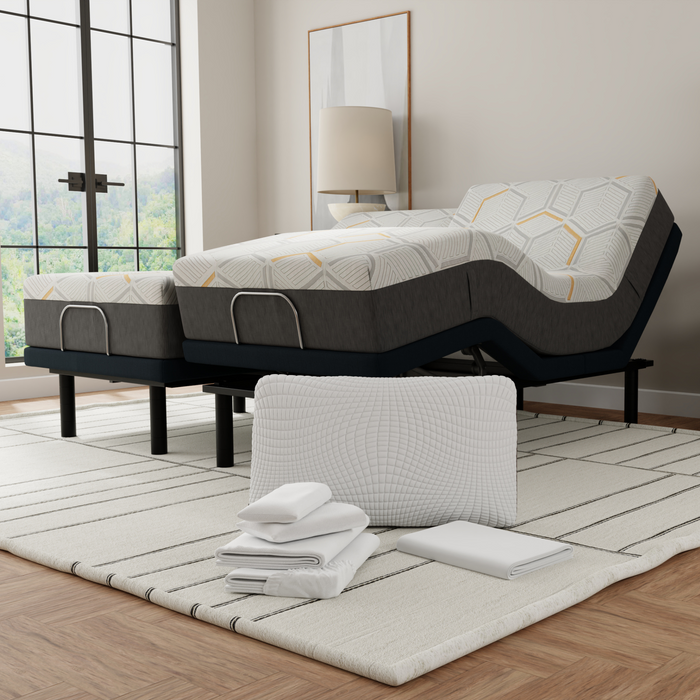
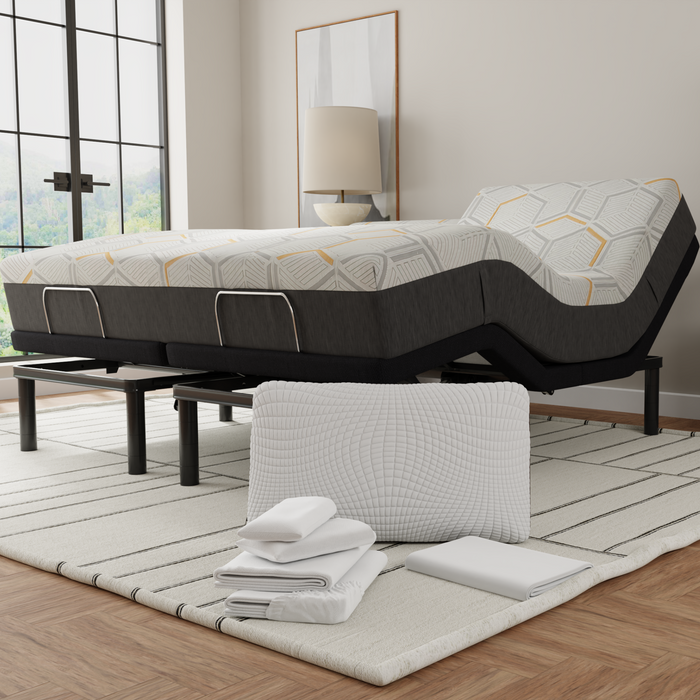
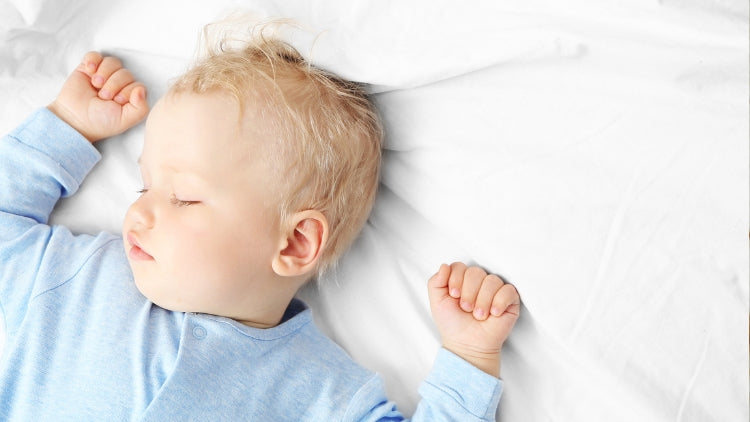
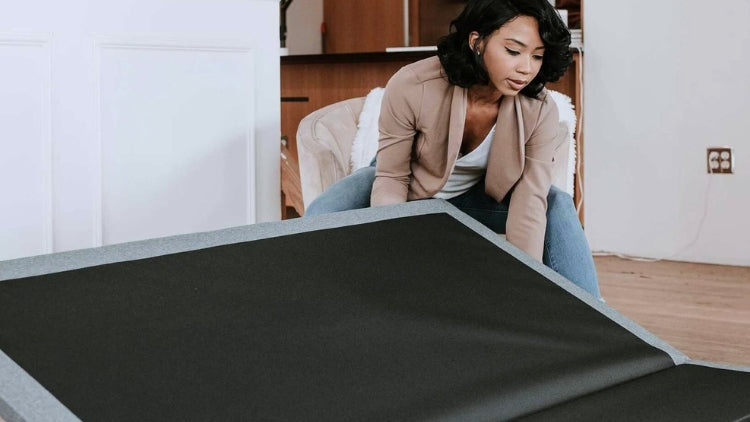
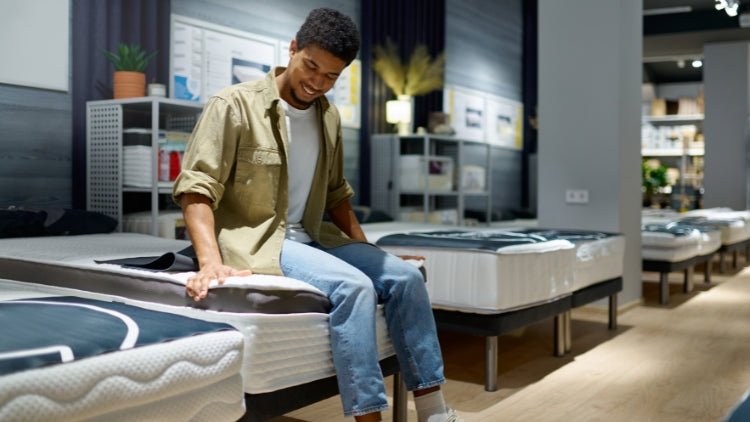
Leave a comment
This site is protected by hCaptcha and the hCaptcha Privacy Policy and Terms of Service apply.